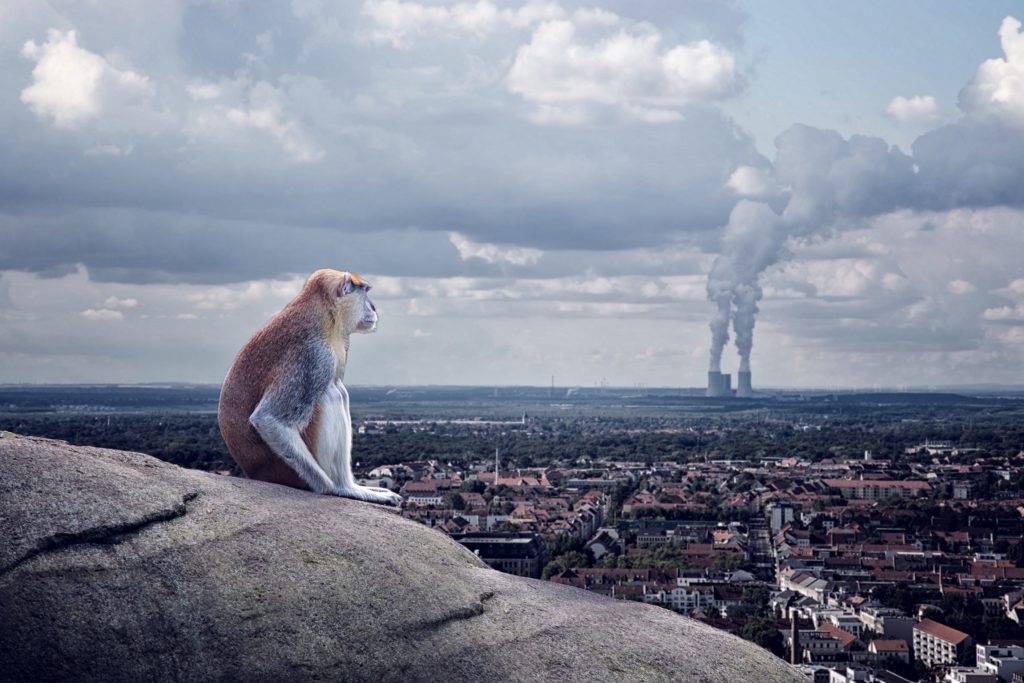
Grim UN report shows the state of the world Ecosystem
Recently, a comprehensive UN was presented report on the current state of health of our entire Ecosystem. The report paints a frightening picture: Currently, around one million animal and plant species threatened with extinction – every eighth species. As the main cause of the changes of the people. In order for the earth to die before the greatest species in the history of mankind.
The “Intergovernmental Platform on Biodiversity and Ecosystem Services” (IPBES) was established on 29. April to 4. May 2019, Paris its landmark summary of the state of our Ecosystem. The report was created by 145 experts from 50 countries and rated the catastrophic changes in the Ecosystem within the last 50 years. All of the participants from 132 member States, signed the report.

Unprecedented decline of nature
“The overwhelming evidence for the global assessment to draw a threatening Bild“, the IPBES chair Sir Robert Watson in a press release warns the report. The health of the Ecosystems on which we and all other species depend, is deteriorating faster than ever before. The basis of our economies, nutrition, health and quality of life stand in the world on the Brink.
Comprehensive Eco-report of all time
The global IPBES assessment report is the most comprehensive ever completed. It provides a detailed picture of the relationship between economic development paths and their impacts on the natural environment. In addition, he shows a number of possible scenarios for the coming decades. The report is based on 15,000 scientific and governmental sources.
Damning Verdict
The report found that around one million animal and plant species are threatened with extinction. Many of these species have been driven within a few decades, until shortly before extinction. According to the UN report, the density of the indigenous animal and plant species, is since the year 1900 in the life in the country by at least 20 percent. For amphibians, even a decline of 40 per cent has been registered. In the sea the effects can be seen even more drastic. Around one in three marine mammals and a third of coral species threatened with extinction. In addition, every tenth species is considered endangered.
Humanity in the dock
“This loss is a direct result of human activities, and poses a direct threat to human well-being in all regions of the world,” explains Josef Settele, the Professor from Germany. “Biological diversity and of the contribution of nature for the people are our common heritage and the most important life-sustaining safety net of humanity,” adds Sandra Díaz, a senior Professor from Argentina. This safety net was stretched to the limit of the capacity addition.
It is already too late for our planet?
“The report also tells us that it is still not too late to change something, but only if we start now at every level to handeln“, Sir Robert Watson says. Through a transformative change could get the natural, restored and sustainably used. This change would have to include a basic system-wide reorganization, taking into account current technological, economic and social factors. This is also the key to the achievement of other global objectives, for example in climate policy. Watson expects, however, massive resistance from stakeholders in the Status quo. These urgently need to be overcome, so that the way to a broader public good.
Further findings from the report
In addition to the drastic extinction of species, the report indicates more serious changes in the Ecosystem. For Example:
- Greenhouse gas emissions have doubled since the year 1980 and the average global temperatures have risen by at least 0.7 degrees Celsius.
- Three-quarters of the land mass and two thirds of the marine environment have already been changed by the people.
- More than a third of the land surface of the world and almost 75 per cent of the freshwater resources are currently used for crop or livestock production.
- The removal of resources has doubled since 1980, almost.
- The productivity of agricultural land worldwide has dropped by 23 percent.
- For up to 300 million people at an increased risk for Floods and hurricanes is currently, due to the destruction of Coastal habitats.
- 33 percent of the fish will be fished stocks to a sustainable level.
- The plastic pollution has increased ten-fold since the year 1980.
(vb)